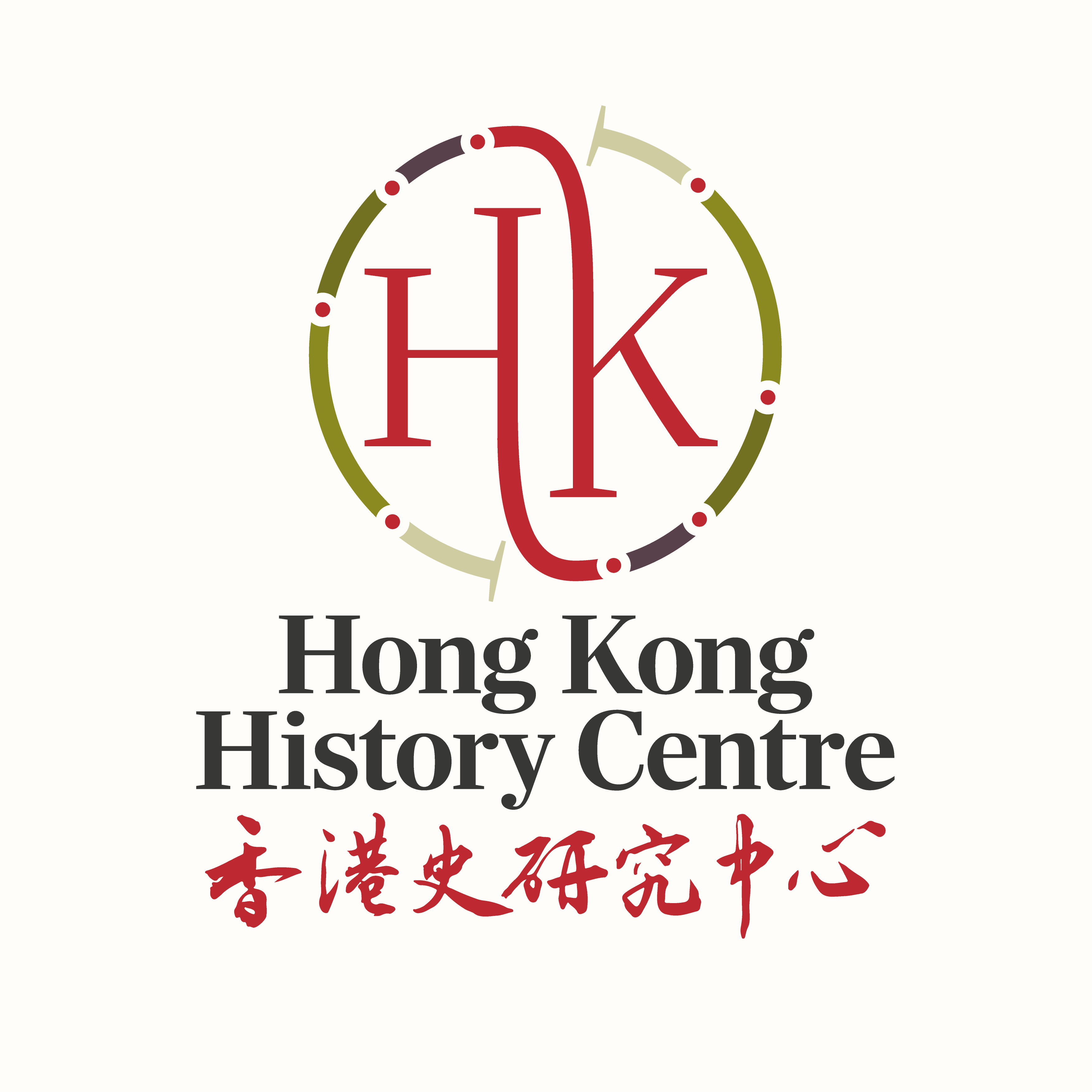
By Vaudine England
Lethbridge’s article, ‘The Yellow Fever’, had concluded with an image of how the different, mostly non-Chinese peoples of Hong Kong interacted, or not:
‘The full flavour of the European community is to be savoured at a gala …
22/12/15
The University of Hong Kong’s History Department has released the following call for papers:
Spring Symposium
Open to History Research Postgraduate Students
Hosted by the Department of History, University of Hong Kong
Thursday 5 May 2016
Call for Papers
The …
05/12/15By Vaudine England
Lethbridge’s article, ‘The Yellow Fever’, had concluded with an image of how the different, mostly non-Chinese peoples of Hong Kong interacted, or not:
‘The full flavour of the European community is to be savoured at a gala …
22/12/15The University of Hong Kong’s History Department has released the following call for papers:
Spring Symposium
Open to History Research Postgraduate Students
Hosted by the Department of History, University of Hong Kong
Thursday 5 May 2016
Call for Papers
The …
05/12/15